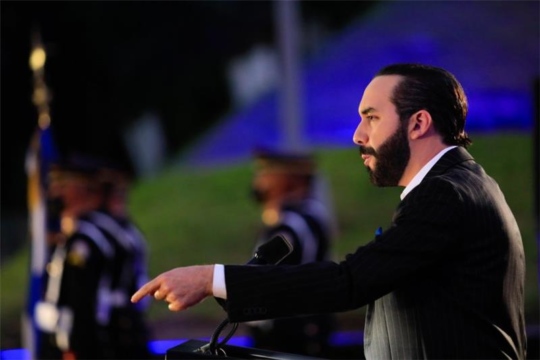
What’s Behind El Salvador’s Reform of the Constitution?
A Latin America Advisor Q&A featuring experts’ viewpoints on El Salvador’s proposed constitutional reforms and what they mean for the country.
A Latin America Advisor Q&A featuring experts’ viewpoints on El Salvador’s proposed constitutional reforms and what they mean for the country.
On October 5, 2020, the Inter-American Dialogue hosted “The Context of the Constitutional Reform in Chile: The Comparative International Experience,” part of a series of events related to the process of constitutional reform in Chile. Panelists discussed a set of comparative examples from which Chile can draw lessons from as well as considerations that Chile must make as they undergo the process of constitutional reform.
Has the coronavirus pandemic interrupted protesters’ momentum and hopes for social change in Chile?
Cuba’s draft constitution recognizes private property and creates a prime minister position. But would it bring true change?
On May 30, the Inter-American Dialogue, in conjunction with the Washington Office of Latin America and the Due Process of Law Foundation, hosted an event titled “Combating Corruption in Mexico: Challenges and Opportunities”. This discussion, moderated by Maureen Meyer and Katya Salazar, featured panelists Mariclaire Acosta from Mexico’s National Anticorruption System, Alejandro Rios from COPARMEX, and Daniel Lizárraga from Mexicanos Contra la Corrupción y la Impunidad.
The strength of Latin American democracies is eroding. Does meddling with a country’s constitution further erode democracy? Or does this erosion precede reform? If so, should the changes be considered a reason for hope?
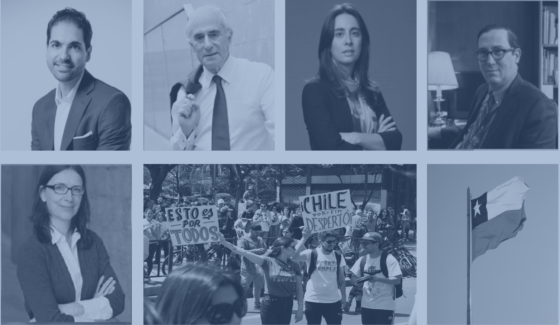 Video
Video
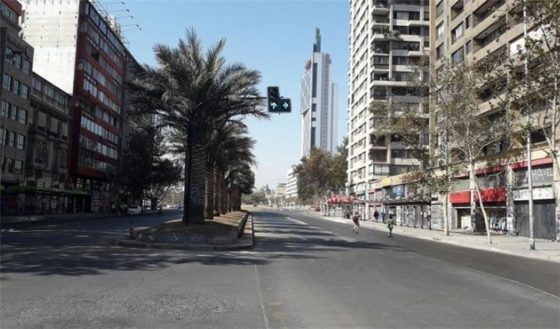
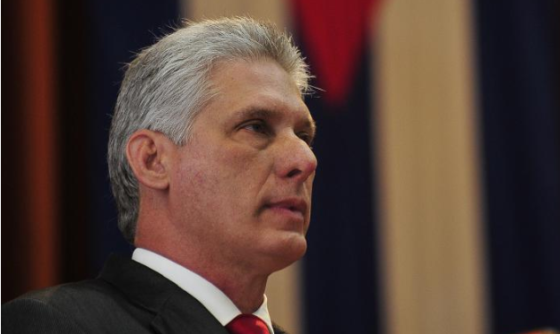
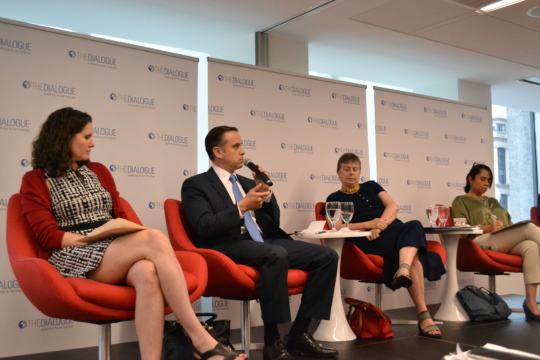 Video
Video